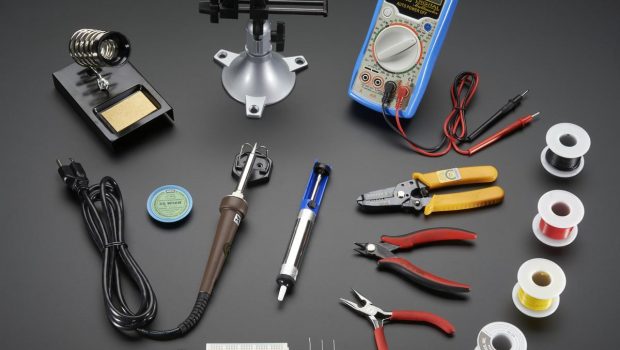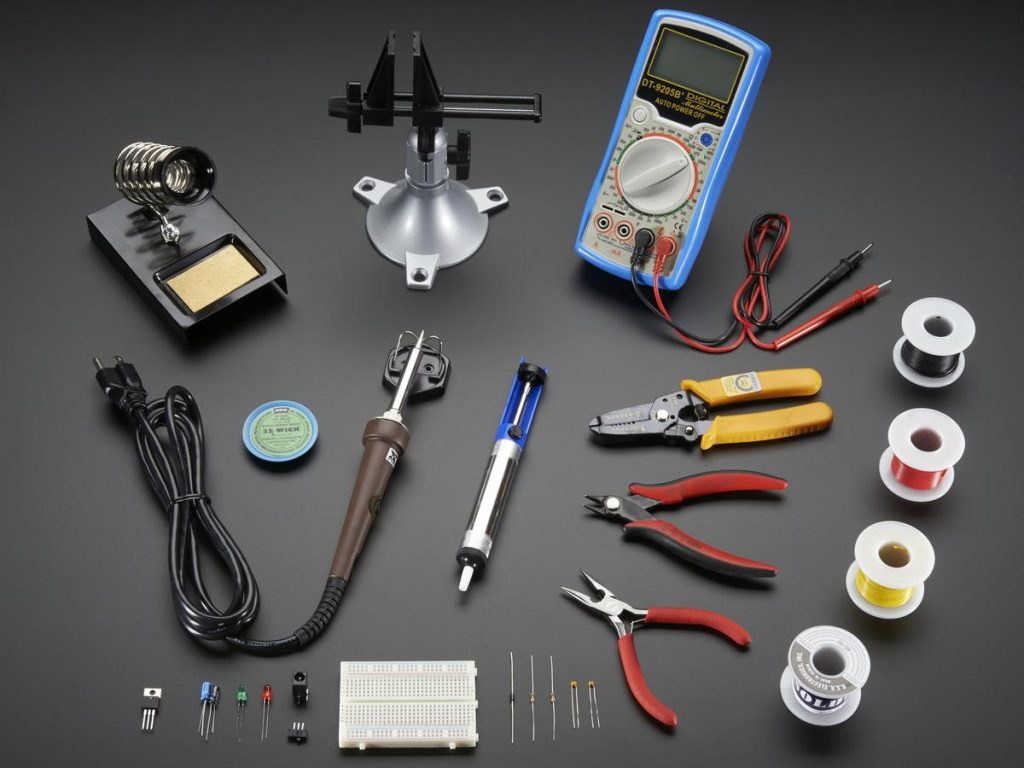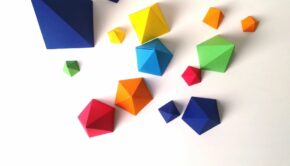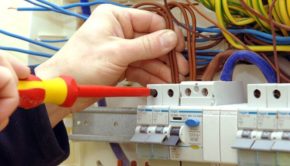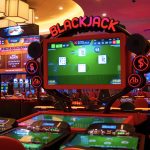Four Things To Learn For Any Electronics Hobbyist
Electronics and gadgetry can be amazing to learn to design and create yourself. Whether you want to make mobile devices, or small contraptions, you can open up your very own lab and start building. Many electronics enthusiasts begin by purchasing starter kits and then trying to build something out of it, like a lamp or a dial lock.
If you have any interest in getting into the world of electronics, then this article is a great place to start. Here we have accumulated a list of four things that will give you some sense of direction. Everything you need to get your own robot factory up and running is covered.
Soldering
Circuitry is at the heart of all electronic devices. It’s what makes them tick, gives them behavior and makes them power on and off. If you want to build circuits, you’re going to have to learn how to solder.
Soldering is the process of joining together different wires and attaching components onto a circuit board to get it up and running. Using a soldering gun and a piece of lead wire, electronic engineers use it as a kind of ‘glue’ to put together their circuit.
If you are going to learn how to make electronic hardware, then you need to buy yourself soldering equipment. Don’t forget to also purchase some desoldering equipment as well.
Bread boarding
If circuitry by soldering intimidates you, then you can consider using a breadboard.
Making devices on a breadboard is exactly the same as making a circuit on a circuit board. However, there is no need to solder as you can simply snap on and off the components to a small piece of plastic brick. Another advantage to bread boarding is that it is easily changeable. Unlike soldering, if you make a mistake, you can fix it quickly and without causing permanent damage. In fact, many electronic engineers prefer it to using soldering. They prototype their ideas on a bread board first before transferring it to a circuit board.
Microchips
An even better alternative to soldering is learning to work with microchips. Think of these as small computers that are programmable to do any task. If you have the resources and time, you can even make entire functional computers on a microchip.
Microchips are favored mostly by students since they don’t require a lot of wet work. You can simply plug in a microchip in your laptop and program them however you want. Plus the added benefit of using the microchips owns hardware components make it a much more versatile choice. For example, you can use a microchip’s USB port to make a portable hard drive. Or a LAN port to make a modem device. If the hardware allows it, then it can be made.
Programming
No matter what methods you employ in designing electronic hardware, you should always consider learning programming. There are many languages out there that exclusively handle programming hardware. These are known as HDL’s or hardware description languages.
HDL’s have been around for a long time, but recently, they have been simplified thanks to many software that are able to translate visual scripts as well as popular languages like C++ to hardware languages. Designing hardware by programming is easy and effective, but most importantly, efficient. Many hours of putting together electronic components can be equivalent to just a few minutes of coding.
In the end, becoming engaged in electronics is all about knowing what suits you the most. There are many handy tools to learn, but you must determine which to employ based on your own preferences. If you prefer a more hands on approach, then soldering and bread boarding might be for you. However, if you don’t want to get your hands dirty, then consider learning to program microchips.
Author Bio:
Ben Stevens is a hardware enthusiast that writes guide and tutorial on hardware engineering. He works at Vidwonders.Com – Explainer Videos and has been a professional at his job for many years.

